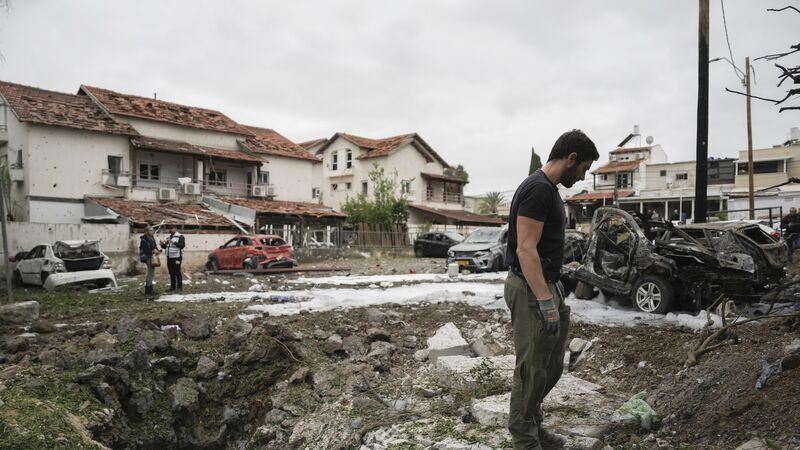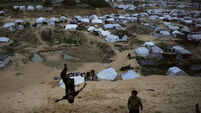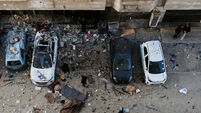Hezbollah fires more than 180 rockets and other projectiles into Israel

Hezbollah fired at least 185 rockets and other projectiles into Israel on Sunday, wounding seven people in the militant group’s heaviest barrage in several days, in response to deadly Israeli strikes in Beirut as negotiators pressed on with ceasefire efforts to halt the all-out war.
Meanwhile, an Israeli strike on a Lebanese army centre killed one soldier and wounded 18 others on the southwestern coastal road between Tyre and Naqoura, Lebanon’s military said.














